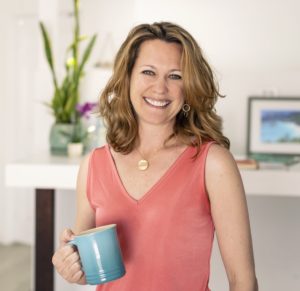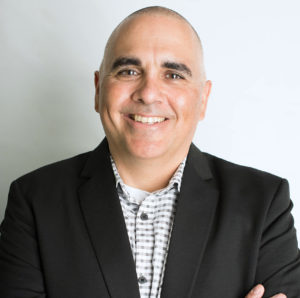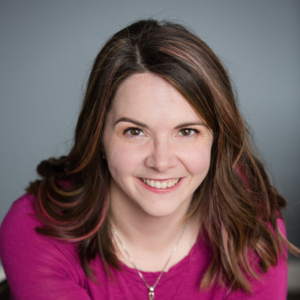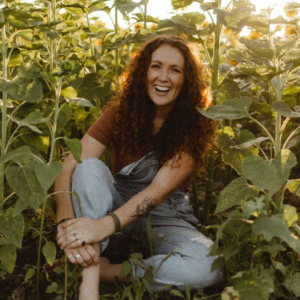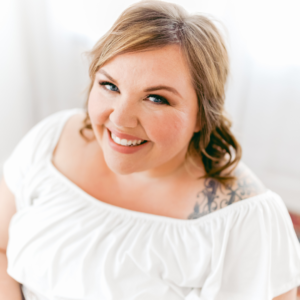Nat's Launch Your Damn Course Accelerator starts again soon! Imagine having researched, validated, designed AND pre-sold your course in just two months? Nat will help you do it and you can learn more here! Yep, that's an affiliate link because Nat's freaking amazing.
Okay, on to this week's episode!
My driving motivation for starting my business was being able to do what I wanted when I wanted without having to ask for permission – and my guest today is one of those entrepreneurs that I started following early on in my journey that showed me that it really is possible.
With a laptop and a smartphone, Natalie Sisson built a six-figure education business called The Suitcase Entrepreneur, that she ran from anywhere in the world – and now she’s pivoted to helping entrepreneurs like you tap into your unique potential, get paid to be you and create a purpose-driven life and business with her book The Freedom Plan, and courses like the Launch Your Damn Course Accelerator and Write Your Damn Book*.
Nat’s an entrepreneur, coach, teacher, No #1 Bestselling author, speaker, triathlete and lifelong learner, who’s on a mission to show you how to combine your knowledge, skills, experience and passions into profitable revenue streams that are aligned with your values.
Nat and I talk about:
- Nat’s marketing strategy to grow her audience when she was first starting out.
- The lessons you can learn from a “flop” launch.
- How to reinvent yourself and fall back in love with your business.
- Her evolution to her $250,000 course launch
- The things you need to be doing to grow your business.
- The one belief Natalie had to change about herself to get where she is today.
And make sure you head on over to https://nataliesisson.com/peptalk to get your free guide to learn how to use your Unfair Advantage to get paid to be YOU!
My favorite quotes from Nat:
- “People buy into people who believe truly and passionately in what they're doing.”
- “Niching down and understanding exactly who you're serving gives you leverage and freedom.”
- “Go to five of your closest peers or friends and say to them, what do you think is my super power? What do you think I'm really good at? If you would describe me in one sentence to people, what would it be?”
- “When you help girls and women in a community, they help the entire community blossom.”
- “Stay the course when you start creating something, don't create it once and put it out there and stop. People like consistency and want to know that you're there and they can continue to do this thing with you.”
Resources mentioned in this episode:
Bio:
Natalie Sisson believes that everyone has their own unique potential and she’s here to show you how to tap into it, get paid to be you and create a purpose-driven life and business.
She’s an entrepreneur, coach, teacher, No #1 Bestselling author, speaker, triathlete and lifelong learner, who’s on a mission to show you how to combine your knowledge, skills, experience and passions into profitable revenue streams you can combine to build a portfolio career or business that is wholly aligned with your values.
With a laptop and a smartphone, she built a six-figure education business The Suitcase Entrepreneur, that she ran from anywhere in the world. Now she’s focussed on how we can capitalize on the future of work to build our human-centred skills and expertise to do the work that matters and design our lives with intention.

